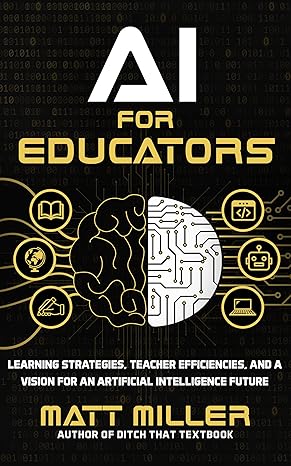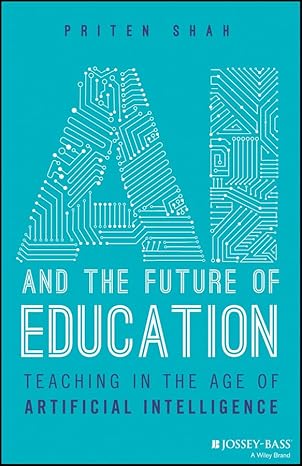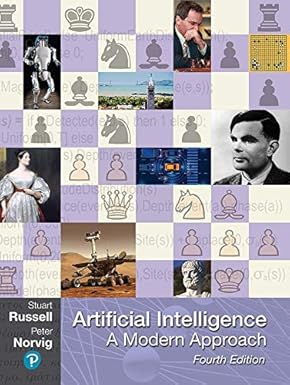The year 2030 isn’t about being replaced by technology—it’s about adapting to a new, more strategic role. Teachers and lecturers will become guides, mentors, and guardians of values in the midst of advanced systems. The world may change rapidly, but human values will remain the true compass in every meaningful learning journey.
Essential Shifts in Educator Skillsets
The rise of AI is reshaping what it means to be an effective educator. Core skills now include digital fluency, data interpretation, and a strong grasp of tech ethics. Subject knowledge alone no longer cuts it—what matters just as much is the ability to navigate socially and technologically complex classrooms.
Staying relevant calls for adaptability, fresh thinking, and a mindset open to change. As education evolves at a rapid pace, those who embrace growth will become key figures in shaping a future generation that’s not only academically capable but also wise in how they engage with technology.
AI and the Expanding Role of Educators
Artificial intelligence is becoming deeply embedded in education systems. By 2030, many routine tasks—grading assignments, generating test questions, tracking learning outcomes—will be handled by automated systems. Even so, educators remain irreplaceable. Machines can’t replicate empathy, intuition, or the ability to read social dynamics within a learning environment. Technology serves as a tool, but the design of meaningful learning experiences stays firmly in the hands of teachers and lecturers.
The role of educators is shifting from information delivery to learning facilitation. Teaching is no longer centered on memorization, but on building critical thinking, collaboration, and problem-solving skills. AI helps tailor learning methods and pace to each individual, yet the responsibility for evaluating progress and values still rests with human educators. Human connection continues to be the key ingredient in successful learning—even in a digital age.
Technology also opens up new possibilities for interaction. Classrooms are no longer confined to physical spaces, with learning now happening online, across regions, and even across countries. Still, the presence of teachers and lecturers remains essential to ensure relevance, direction, and depth in every discussion and reflection. In this context, technology doesn’t replace—it expands the reach and impact of the educator’s role.
New Roles and Skills
The changing world of education demands a fresh set of skills. Digital literacy, a solid grasp of AI ethics, and the ability to collaborate across disciplines have become essential. Staying relevant means committing to lifelong learning—mastering not just the subject matter but also how to present it in ways that are engaging, interactive, and grounded in real-life context.
But it’s not just about technical skills. Integrity and the ability to lead by example remain at the heart of the educator’s role. In an age of endless information, students need role models who can help them filter what’s true, spot the difference between fact and opinion, and make thoughtful decisions rooted in strong values. The future of education isn’t just about preparing people for jobs—it’s about shaping responsible global citizens with a clear sense of social and moral purpose.



